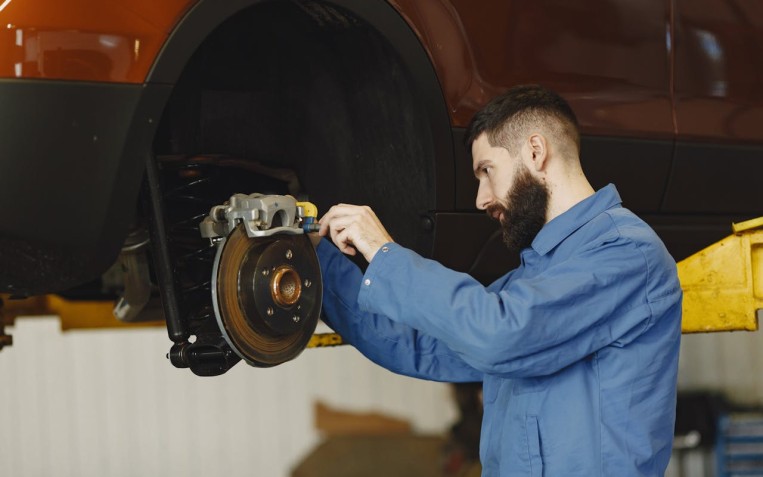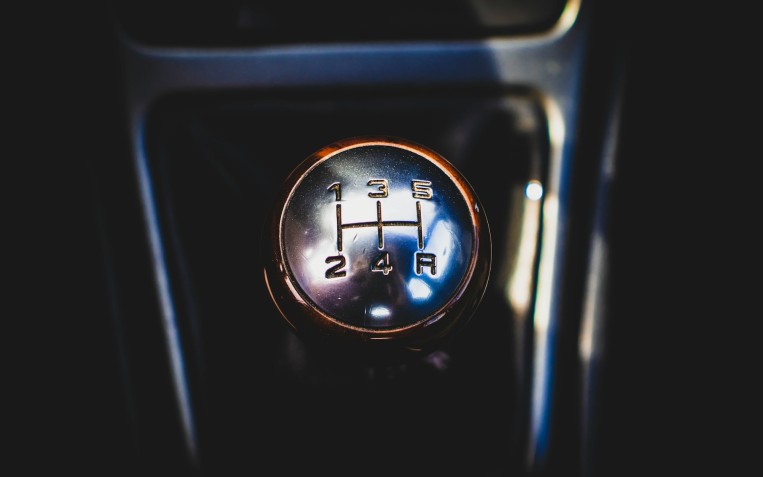Clutch slipping or feeling spongey: is my clutch going?

Suspect problems with your clutch? Perhaps it feels 'spongey' and loose when pressure is applied, or you've heard unusual grumbling noises? It's possible that your clutch is failing. Our guide details the most common clutch failure symptoms, what a clutch is, how it works, and how long clutches are designed to last.
Clutch failure symptoms
So, how do you know if your clutch is going? Here are some of the tell-tale clutch failure symptoms to watch out for:
- Noises - unusual grumbling noises, or squeaking, may be heard when pressure is applied to the clutch
- Gear change - you may find it difficult to change gears
- Loss of, or poor, acceleration - you might experience momentary loss of acceleration or find your acceleration is not as powerful as it once was, but you are still able to rev your engine - this is a fundamental clutch slipping symptom
- Sticking - the clutch pedal may appear to be sticking, vibrating or feeling loose and 'spongey'
What is a clutch?
A clutch is an integral element to your vehicle - it separates the engine from the gearbox. When a clutch is working effectively, you are able to stop your vehicle while the engine is still running, as well as being able to change gears easily. The clutch is made up of three parts:
- Clutch plate
- Pressure plate
- Flywheel
This mechanical device works by transferring the rotational power from the engine to the gearbox. That's why your clutch failing or slipping can affect the safety and performance of your vehicle - so it's important to get your vehicle checked as soon as possible if you suspect any problems.
How long do clutches last?
Clutches are generally designed to last between 50,000 - 100,000 miles - however, there are a variety of factors which could affect the lifespan of your clutch. Some of these include:
- Driving style - do you drive with harsh acceleration and fast gear changes? If so, this could have negative effects on the longevity of your clutch.
- Car maintenance - how well you care for your vehicle also has an impact on how long your clutch is likely to last. Regular servicing is recommended to keep on top of any car maintenance issues that can arise.
- Vehicle mileage - if your vehicle has racked up a lot of miles, it's likely this will affect your clutch, due to increased wear and usage.
It's important to recognise the symptoms of clutch failure, but it's also essential to have your vehicle checked over by a professional if you notice any of the above signs. Book your vehicle in at your local PTA garage or, to ensure car maintenance is always preserved, book in for regular car services.
Related Content

The difference between disc and drum brakes
The brakes are an essential component of your vehicle, preventing any potential collisions or accidents from occurring. Disc and drum brakes are two braking systems used in modern cars. However, there are noticeable differences between each braking s...

How to tell if your car needs a new clutch
Do you own a car with a manual gearbox? The clutch plays a vital role in starting and driving your vehicle, particularly when shifting gears. Identify...

How long do electric vehicle batteries last?
One concern that many people have when considering electric vehicles is ‘How long does the battery last?’. Replacing an EV battery can be...

